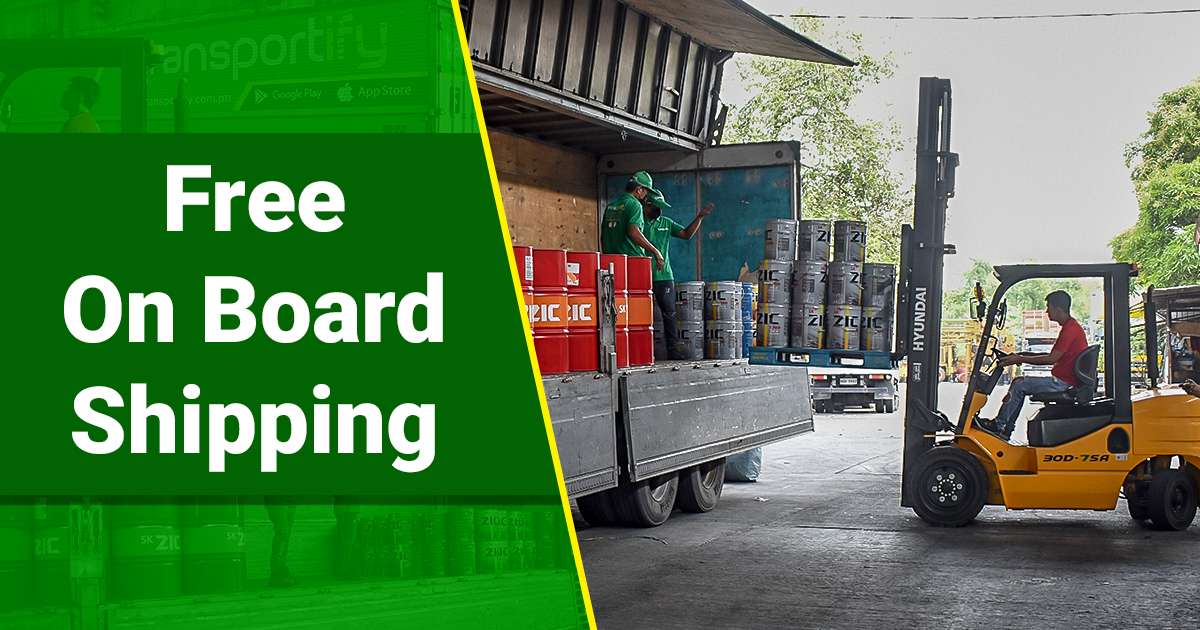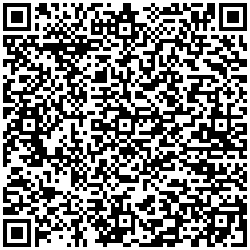
When it comes to shipping and logistics, there are a few important acronyms that you need to be familiar with. One of these is FOB or free on board. This term refers to the point at which responsibility for the transported goods transfers from seller to buyer. In other words, it’s when the change of ownership of goods and the party responsible for dealing with customs clearances exports all the goods.
The FOB point is important because it’s the moment when the buyer is responsible for the goods. This can be important in terms of insurance, as well as in terms of liability if something happens to the goods while they’re in transport. This is a risk being passed along to the buyer. Therefore, all responsibilities for damages and claims are incurred in case of contingencies.
What Does FOB Mean in Shipping?
The shipping term FOB, or free on board, is used to determine who will be responsible for covering the transportation costs. This may also be referred to as “freight on board.” This term refers to the International Commercial Terms that govern who pays for the shipment. A FOB agreement states that the seller is only responsible for delivering the goods to the buyer. The loading, shipping, and insurance costs fall on the seller. After delivery has been completed and accepted by the buyer, any damage done to the products is no longer under warranty.
How Is “FOB or Free on Board” Used in Shipping Documents?
The FOB price indicates what you will pay for goods shipped from one location to your destination. The buyer pays for transportation costs, and if there’s insurance involved, that responsibility also falls on them.
When shipping FOB (Free on Board), the shipper is responsible for ensuring that all required documents are prepared and included with the shipment. The most important document is the commercial invoice, which must include a detailed description of the goods shipped and their value.
Other required documents may include a certificate of origin, bill of lading, and insurance certificate. Depending on the destination, there may also be additional requirements. Other expenses include transport costs, loading goods, and marine freight transport from the port of arrival to the final destination.
Why Does FOB Matter?
FOB is important when shipping or receiving damaged goods. In order to avoid problems, sellers should always specify a FOB destination or the port of shipment. In some cases, goods may be damaged in transit. When this happens, the seller is responsible for repairing the damage.
However, the seller can only be held responsible if the damage occurred while the goods were in their possession. The buyer is financially responsible for damaged goods while the product is on board the ship. This rule applies to FOB documentation, which guarantees that the seller isn’t liable for damages after delivery to the purchaser.
FOB Origin vs. FOB Destination
FOB Origin
“FOB origin” means that the buyer is responsible for shipping costs. As soon as the carrier signs for and picks up the bill of lading, the buyer officially becomes the shipment owner. The seller has already fulfilled their obligation by getting the goods to the shipper. The buyer will then need to make arrangements with the shipper to deliver the goods to their location.
FOB Destination
The term “FOB destination” means that the seller is responsible for shipping costs. The seller hangs on to the products until the buyer receives them because the seller hasn’t completed their end of the deal yet, which is getting the merchandise to the customer. The vendor will need to agree with a shipping company to take the items to wherever
There are a few things to keep in mind when deciding which shipping method to use.
- First, FOB origin might be a good choice if the seller has a good relationship with the shipping company and can get a discount on rates.
- Second, an FOB destination might be a good choice if the buyer is far from the seller, and it would be expensive or logistically difficult to ship the goods directly to them.
Learn more about logistics terms by visiting our Glossary of Terms.
Pros and Cons of Free On Board Shipping
The Pros of FOB
- One of the biggest benefits is that it can help save money. When you use this shipping method, you are only charged for the cost of the shipped goods rather than the entire item cost. This can be especially helpful when shipping a large number of items.
- Another benefit of using FOB shipping is that it can help to speed up the delivery process. Since the goods are already on board the ship, it can help reduce their time to arrive at their destination. This can be especially helpful if you are trying to meet a deadline.
- Finally, using FOB shipping can help reduce the stress you experience when shipping items. Since you do not have to worry about coordinating the shipment with a freight company, it can help to take some of the burdens off your shoulders.
Read about consolidated freight to learn how you can save on shipping costs.
The Cons of FOB
- The main downside to FOB or free on board shipping is that the customer has to pay for everything once it arrives at the port, including customs duties, freight charges, and any taxes.
- Another con of FOB shipping is that it can be difficult to track products in transit. If there is a problem with the order, it can be difficult to determine where the issue originated.
- Finally, FOB shipping can be less cost-effective for smaller orders. This is because buyers may need to pay for additional services, such as customs and freight, on orders that are not large enough to justify the costs.
What Is the Difference Between FOB and Other Sea Shipments?
There are four international trade terms used for ocean freight: FOB (Free on Board), FAS (Free Alongside Ship), CFR (Cost and Freight), and CIF (Cost Insurance and Freight). The buyer and supplier assume different levels of responsibility under each agreement.
Each of these terms places different levels of responsibility on the buyer and supplier. The buyer is responsible for the goods once loaded onto the ship under FOB.
On the other hand, under FAS, the supplier must load goods onto the ship. But once loading is complete, then the buyer becomes responsible for them.
CFR and CIF terms are similar in that both the vendor and buyer share responsibility for the condition of the goods during transport.
However, under CFR, the supplier is responsible for paying freight costs. While under CIF, the buyer is responsible for these costs. Understanding the differences between these terms is essential for ensuring that goods are shipped safely and efficiently.
SEE ALSO:
- Glossary of Logistics Terms
- Interisland Freight Shipping Service: Backbone of Nationwide Trade
- Roro Cebu | Transportify Interisland Truck Booking App
The Benefits of FOB Terms
Getting the best terms on your product purchases is essential to profitability as a business owner. And one of the best ways to do this is to request FOB terms. FOB, or “free on board,” means that the seller covers the cost of shipping the goods to the buyer’s location.
This can be significant savings, especially if you’re buying large quantities. In addition, FOB terms can help to ensure that your products are received in good condition, as the seller is responsible for packaging and handling. When used correctly, FOB terms can be a powerful tool for reducing costs and ensuring customer satisfaction.
The Bottom Line
There are various pros and cons of FOB shipping which are important to consider when in the logistical business. Besides all the costs and liabilities involved, you also need a trustworthy and reliable affordable express delivery service.
Transportify is one in the Philippines that can help you deliver all your goods safely and promptly nationwide and interisland.
 |
Ultimately, make sure you choose the best shipping method for your items, whether FOB or FOB Destination. Remember to consider the shipping options, reputation, and service offerings of the logistics company you hire. Doing your research can save you from further costs and damages.
 | or |
Frequently Asked Questions:
What are the two types of FOB/free on board?
🚚 The two types of FOB/free on board are FOB Origin and FOB Destination. FOB Origin is when the seller is responsible for loading goods onto a vessel and other transportation costs until it reaches its destination port. On the other hand, with FOB Destination, the buyer takes responsibility for these costs and risks from loading their goods onto the vessel until it reaches its destination port. In both cases, ownership and risk transfer occur when goods pass over the ship’s rail at the named port of shipment.
How does a free on board work?
🚚 When an agreement is made between a buyer and seller that includes a free on board (FOB) stipulation, the buyer agrees to take ownership of goods at the moment they board the carrier. This means the buyer will assume any costs related to insurance and freight after the goods are transferred onto the vessel, train, truck, or plane. The seller is responsible for all costs before the goods board the vessel, such as loading and packaging.




 INSTANT QUOTE
INSTANT QUOTE

 Chat
Chat